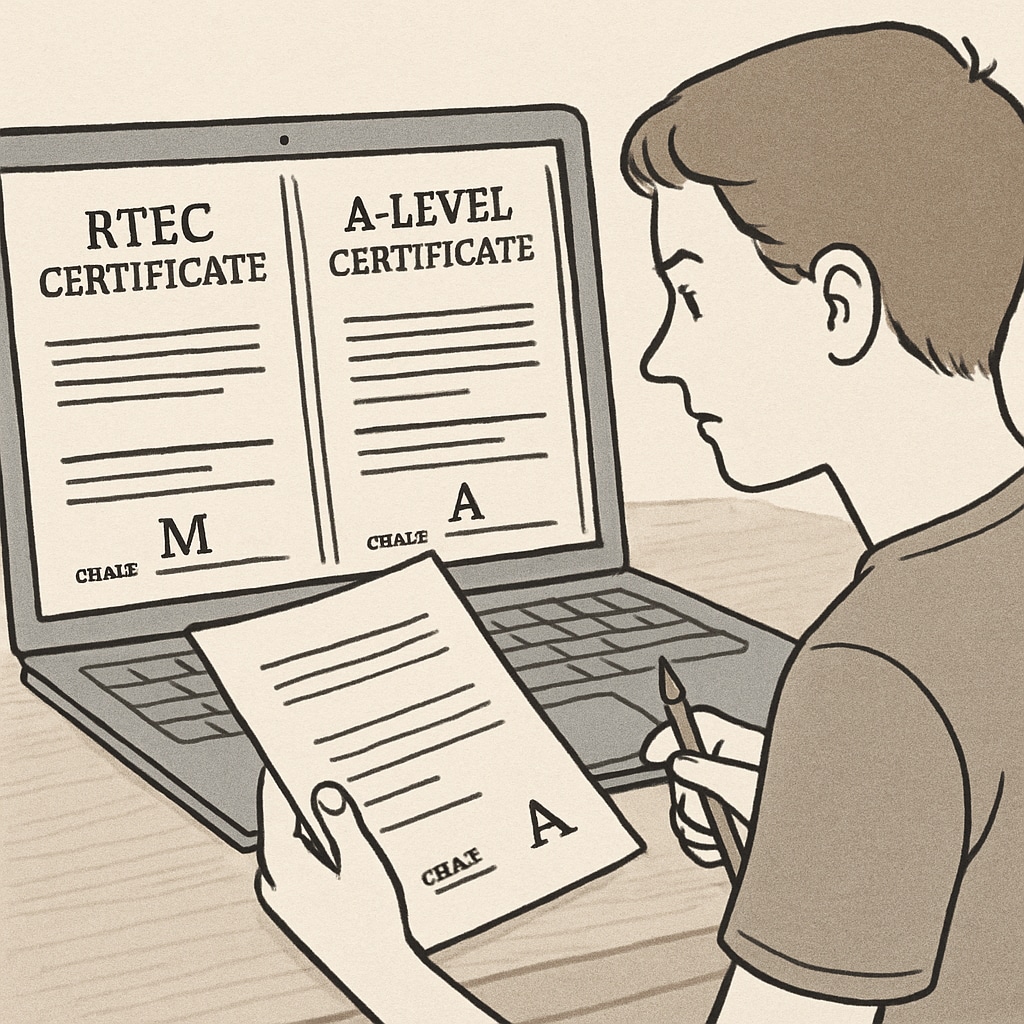When considering BTEC, Computer Science, university applications, and A-level qualifications, students face a crucial decision that impacts their academic future. Both pathways offer distinct advantages for aspiring computer scientists, but understanding their differences is essential for making informed choices.

Understanding the Qualification Structures
BTEC (Business and Technology Education Council) qualifications focus on practical, vocational learning, while A-levels emphasize theoretical knowledge. For Computer Science:
- BTEC: Coursework-based (70-80%) with some exams
- A-level: Exam-dominated (typically 100%)
- BTEC: Includes industry-relevant projects
- A-level: Covers broader mathematical foundations
According to UCAS, both qualifications carry equal weight in university admissions when properly structured.
University Acceptance and Course Requirements
Top universities increasingly recognize BTEC qualifications, especially for practical computing degrees. However:
- Russell Group universities often prefer A-levels
- Newer universities frequently accept BTEC alone
- Combining BTEC with one A-level maximizes options

Enhancing Your Application Profile
Regardless of your qualification path, these strategies boost competitiveness:
- Develop a programming portfolio (GitHub projects)
- Participate in hackathons or coding competitions
- Complete relevant MOOCs (Massive Open Online Courses)
- Secure work experience in tech companies
The British Computer Society offers valuable resources for aspiring students.
Readability guidance: Use transition words like “however” when comparing qualifications. Keep sentences under 20 words where possible, and maintain active voice throughout.


